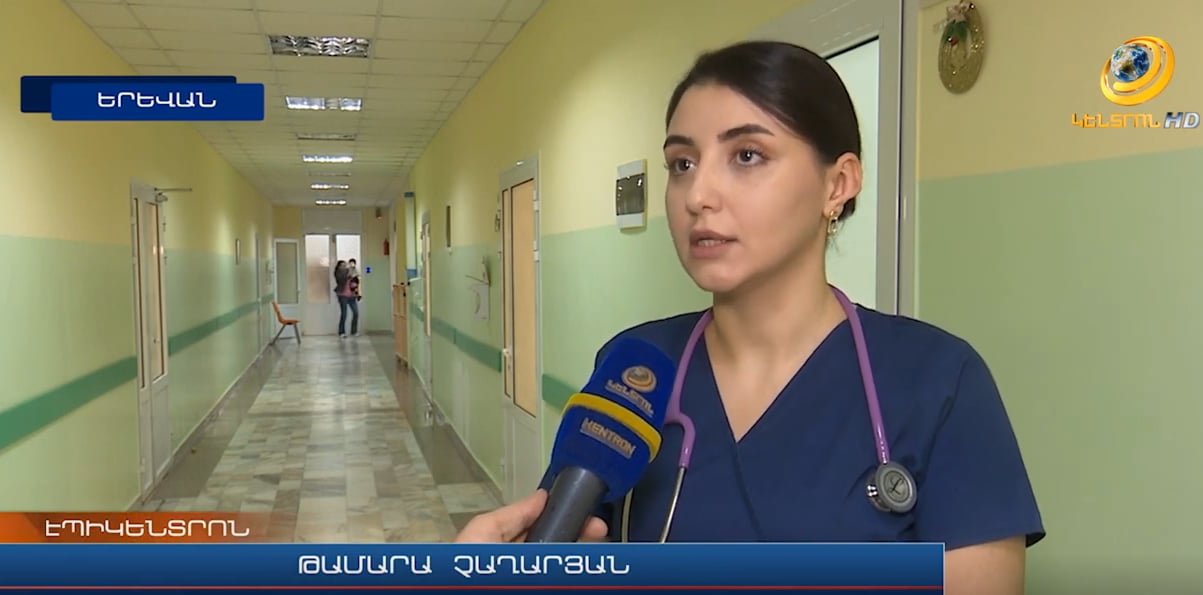
Tamara Chagharyan, a pediatrician from the Reception and Emergency Department at the “Arabkir” medical center, responded to inquiries from “Epikentron” regarding acute respiratory infections.
In winter, acute respiratory viruses become active, with high infectivity primarily through the droplet route. Children constitute the most vulnerable group, accounting for 70% of infected individuals, according to the National Center for Disease Control and Prevention.
Especially during holidays, medical institutions operated with an overcrowded schedule. Viruses tend to spread, particularly during New Year's Eve visits to each other's homes.
Pediatrician Tamara Chagharyan notes, “We have a significant increase in respiratory virus cases. While I wouldn't assert that this year's morbidity is higher than previous years - December, January, and February have always been burdened with acute respiratory viruses. Currently, diseases caused by the influenza A subtype virus are prevalent. Additionally, we are seeing frequent cases of respiratory syncytial virus infection. Though less common among children, confirmed cases of Coronavirus infection are also present.
Common symptoms of the virus include fever, cough, runny nose, shortness of breath, general weakness and nasal congestion. To avoid complications, the pediatrician from the emergency department at the “Arabkir” Medical Complex advises parents against self-medication.
“It is advisable to contact the local pediatrician at the first signs of illness for appropriate advice. If there are symptoms requiring hospitalization, arrangements for the child’s referral to pediatric inpatient care are organized,” says Dr. Chagharyan.
6-year-old Ararat, currently receiving inpatient treatment, has managed to make friends with the other children in the ward in just a few days. Despite not complaining about the symptoms, he feels saddened to bid farewell to his newfound friends too soon.
Ararat expresses, “My friends left, but I stayed.”
The most effective method to avoid and prevent seasonal viruses is vaccination for both adults and children, emphasizes the pediatrician.
“Every year, starting from October and November, parents can apply to the regional polyclinic. Both children and adults should be vaccinated against influenza A and B subtypes. Another preventive method is to minimize contact with patients, frequently disinfect hands, and ventilate closed spaces.”
According to the National Center for Disease Control and Prevention, as of January 7, 579 citizens have been hospitalized, with 90% of them being children under 18 years old. Among those transferred to medical centers, 181 were diagnosed with pneumonia. No deaths from the virus have been reported in the last 10 days. With the start of the academic year, experts predict an increase in the disease.